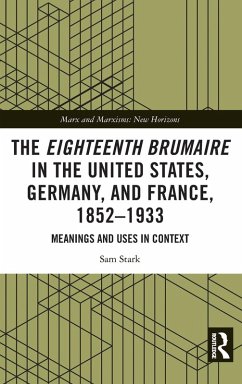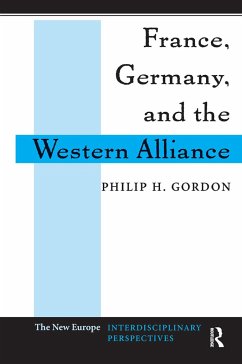
Muslims and the State in Britain, France, and Germany
Versandkostenfrei!
Versandfertig in 1-2 Wochen
87,99 €
inkl. MwSt.
Weitere Ausgaben:

PAYBACK Punkte
44 °P sammeln!
This book analyzes state accommodation of Muslims' religious practices in Britain, France, and Germany.Over ten million Muslims live in Western Europe. Since the early 1990s, and especially after the terrorist attacks of September 11, 2001, vexing policy questions have emerged about the religious rights of native-born and immigrant Muslims. Britain has struggled over whether to give state funding to private Islamic schools. France has been convulsed over Muslim teenagers wearing the hijab in public schools. Germany has debated whether to grant 'public-corporation' status to Muslims. And each s...
This book analyzes state accommodation of Muslims' religious practices in Britain, France, and Germany.
Over ten million Muslims live in Western Europe. Since the early 1990s, and especially after the terrorist attacks of September 11, 2001, vexing policy questions have emerged about the religious rights of native-born and immigrant Muslims. Britain has struggled over whether to give state funding to private Islamic schools. France has been convulsed over Muslim teenagers wearing the hijab in public schools. Germany has debated whether to grant 'public-corporation' status to Muslims. And each state is searching for policies to ensure the successful incorporation of practicing Muslims into liberal democratic society. This book analyzes state accommodation of Muslims' religious practices in Britain, France, and Germany, first examining three major theories: resource mobilization, political-opportunity structure, and ideology. It then proposes an additional explanation, arguing that each nation's approach to Muslims follows from its historically based church-state institutions.
Table of content:
List of figures and tables; Preface; 1. Explaining the accommodation of Muslim religious practices in Western Europe; 2. Britain: establishment religion and Islamic schools; 3. France: Laïcité and the hijab; 4. Germany: multiple establishment and public corporation status; 5. Public attitudes toward state accommodation of Muslims' religious practices; 6. Integration and Muslim practice; Appendix; Glossary; Bibliography; Index.
Over ten million Muslims live in Western Europe. Since the early 1990s, and especially after the terrorist attacks of September 11, 2001, vexing policy questions have emerged about the religious rights of native-born and immigrant Muslims. Britain has struggled over whether to give state funding to private Islamic schools. France has been convulsed over Muslim teenagers wearing the hijab in public schools. Germany has debated whether to grant 'public-corporation' status to Muslims. And each state is searching for policies to ensure the successful incorporation of practicing Muslims into liberal democratic society. This book analyzes state accommodation of Muslims' religious practices in Britain, France, and Germany, first examining three major theories: resource mobilization, political-opportunity structure, and ideology. It then proposes an additional explanation, arguing that each nation's approach to Muslims follows from its historically based church-state institutions.
Table of content:
List of figures and tables; Preface; 1. Explaining the accommodation of Muslim religious practices in Western Europe; 2. Britain: establishment religion and Islamic schools; 3. France: Laïcité and the hijab; 4. Germany: multiple establishment and public corporation status; 5. Public attitudes toward state accommodation of Muslims' religious practices; 6. Integration and Muslim practice; Appendix; Glossary; Bibliography; Index.














